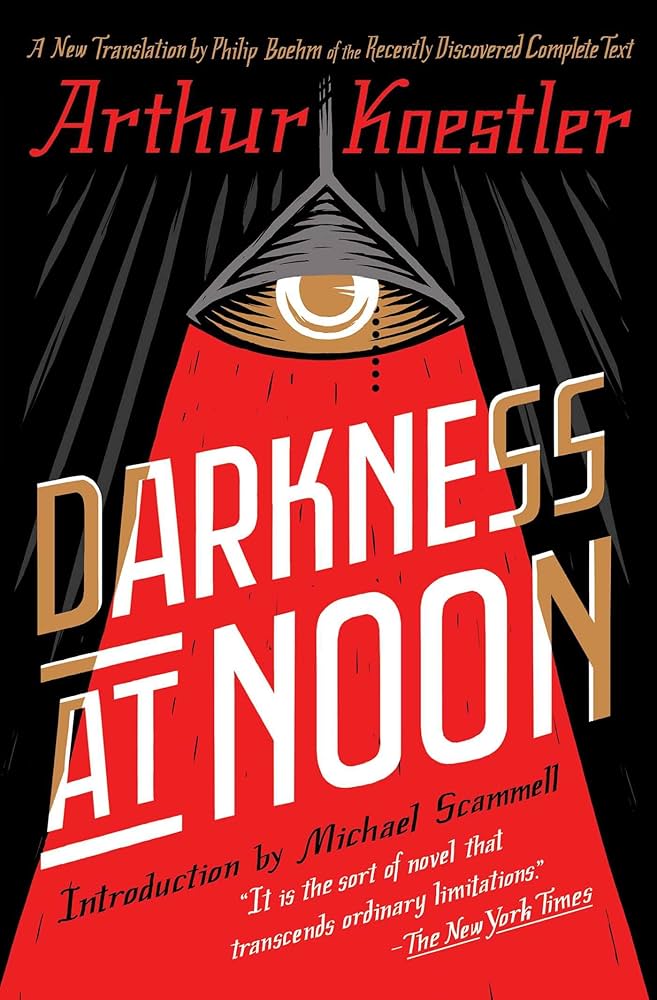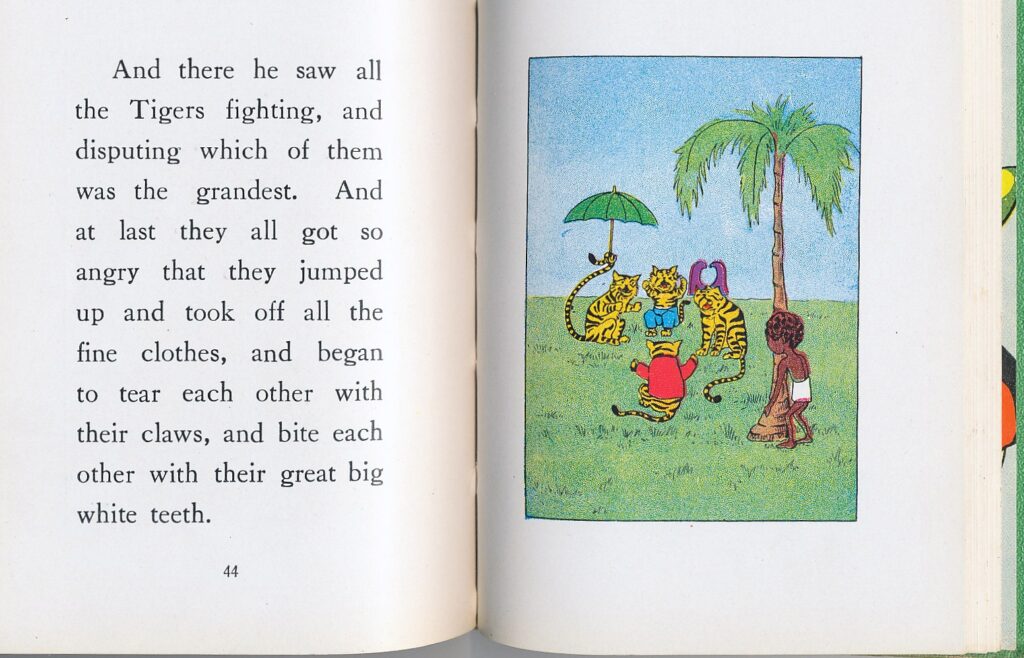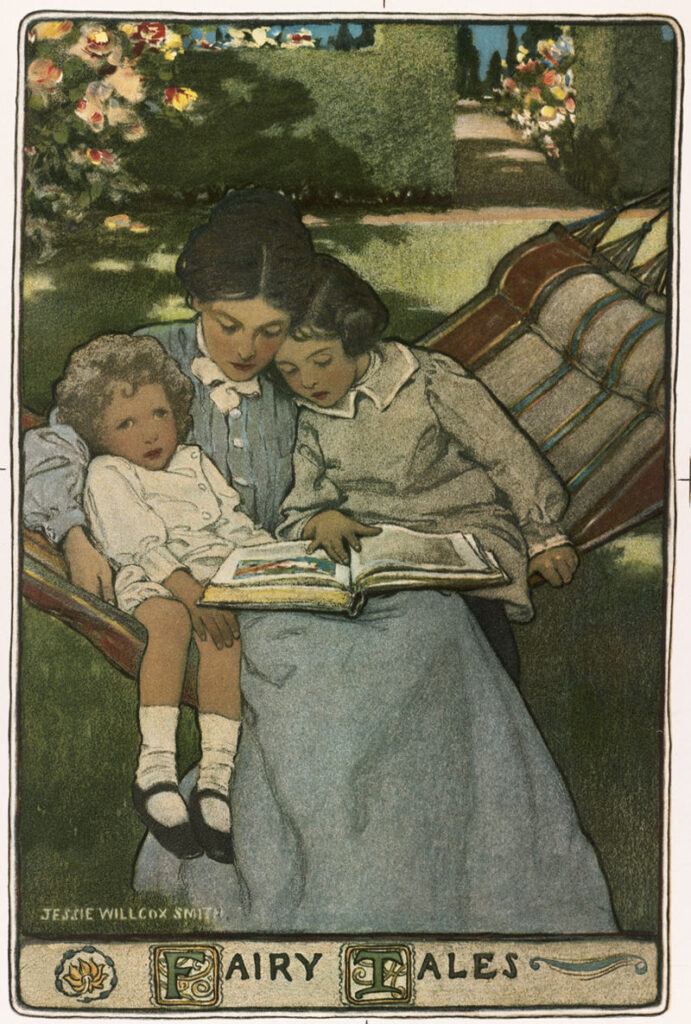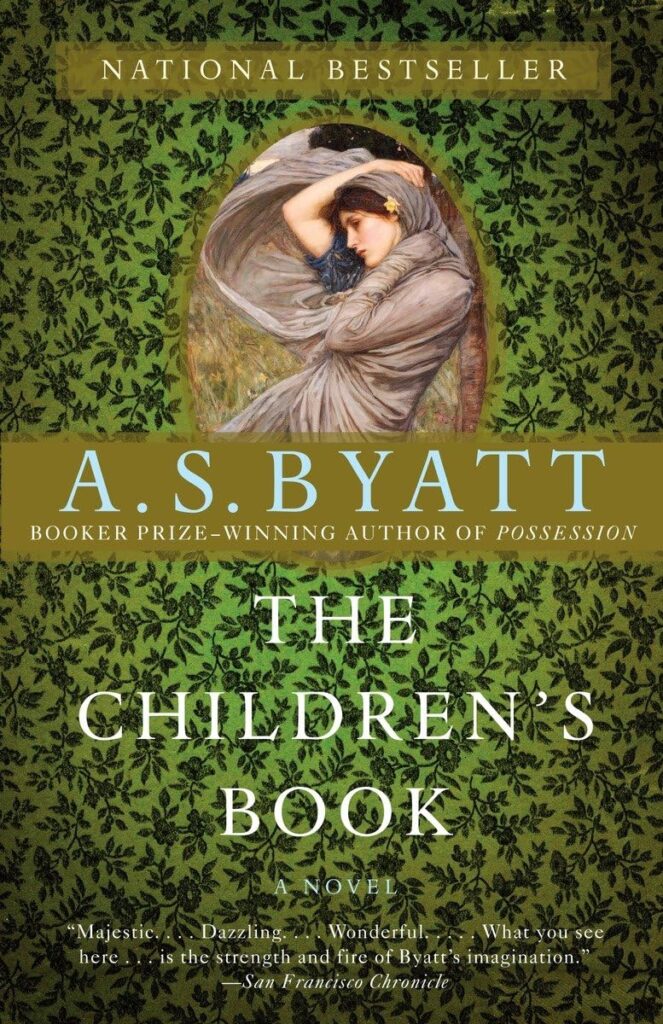ypNote: If you wish to receive, via e-mail, (1) my weekly newsletter or (2) daily copies of these posts, write to me at rrbates1951@gmail.com. I’ll subscribe you via Mailchimp for the weekly or email you directly for the daily (your choice). Comments may also be sent to this address. I promise not to share your e-mail with anyone.
Tuesday
In Trumpism’s assault on democracy, the name Curtis Yarvin keeps appearing. Ava Kovman’s recent New Yorker profile identifies him as the guru of rightwing Silicon Valley oligarchs, especially former PayPal CEO Peter Thiel, and Yarvin appears to have shaped the thinking of Vice President J.D. Vance. Essentially Yarvin believes that autocracy is preferable to democracy, and he would like to see the world (including the United States) divided into fiefdoms run by billionaires.
Normally people with Yarvin’s views would be shrugged off, but with rightwing billionaires playing an ever-increasing role in American politics, it’s important to know the ideology they espouse.
As I read the Yarvin profile, I thought of Arthur Koestler’s novel Darkness at Noon (1940), which focuses on Stalin’s purge of Bolshevik intellectuals (although Stalin is never named, referred to only as No. 1). And that book came to mind because of a perfect putdown of Yarvin by author Joyce Carol Oates, who tweeted,
over-all takeaway from the Curtis Yarvin profile is that there must be millions of smart-aleck show-offy kids who annoy their teachers & go on to annoy other adults through their lives with their “contrarian” pose that hardens to a carapace over their faces; until, as adults, they still harbor a delusion that, if there is a king, or a fűhrer, he’d be impressed with the guy’s motor mouth & appoint him to his cabinet rather than deleting him with a negligent swipe of his wrist as Stalin did routinely.
Oates’s slam reminds me of blogger John Rogers’s well-known depiction of Ayn Rand fans (who include a number of Silicon Valley oligarchs):
There are two novels that can change a bookish fourteen-year old’s life: The Lord of the Rings and Atlas Shrugged. One is a childish fantasy that often engenders a lifelong obsession with its unbelievable heroes, leading to an emotionally stunted, socially crippled adulthood, unable to deal with the real world. The other, of course, involves orcs.
To show what Oates is responding to, here’s Yarvin’s opinion on authoritarian regimes:
Picking at a plate of fried calamari, Yarvin praised China and Rwanda (neither of which he has visited) for having strong governments that insured both public safety and personal liberty. In China, he told me, “you can think and pretty much say whatever you want.” He may have sensed my skepticism, given the country’s record of imprisoning critics and detaining ethnic minorities in concentration camps. “If you want to organize against the government, you’re gonna have problems,” he admitted. Then he returned to his airbrush: “Not Stalin problems. You’ll just, like, be cancelled.”
I suppose there’s some comfort that Yarvin can’t bring himself to openly endorse mass killing or genocide, but he comes close:
Whatever the exact solution, he has written, it is crucial to find “a humane alternative to genocide,” an outcome that “achieves the same result as mass murder (the removal of undesirable elements from society) but without any of the moral stigma.”
So the problem with genocide is not that it’s immoral, inhumane, and abhorrent but that there’s a “moral stigma” attached. In other words, it’s got a public relations problem. It’s worth remembering that the Nazis originally defended concentration camps as a humane way of segregating out people they regarded as undesirable (Roma, homosexuals, the neurodiverse, Jews, socialists, and communists). Unfortunately, dehumanizing a certain population—as we are seeing–can lead to suspension of habeas corpus, illegal deportation to concentration camps abroad, and military intervention to quash protests. It’s not hard to see the logical end as mass murder. Or, to use Yarvin’s weasel word, cancellation.
Darkness at Noon is about a former Bolshevik revolutionary that is imprisoned and tried for treason by the government he helped set up. In Oates’s phrasing, he is deleted with a negligent swipe of Stalin’s wrist. However, whereas Yarvin is essentially a troll and bullshit artist—one whom unfortunately various powerful men take seriously—Rubashov is an introspective revolutionary who is now tormented by various ethical choices he made in the past. The supposedly necessary violence meant to usher in a just and prosperous society has instead led to unimaginable misery:
So consequent, that in the interests of a just distribution of land we deliberately let die of starvation about five million farmers and their families in one year. So consequent were we in the liberation of human beings from the shackles of industrial exploitation that we sent about ten million people to do forced labor in the Arctic regions and the jungles of the East, under conditions similar to those of antique galley slaves. So consequent that, to settle a difference of opinion, we know only one argument: death, whether it is a matter of submarines, manure, or the Party line to be followed in Indochina.
His interrogator and former comrade Ivanov, by contrast, tells him that the ends justify the means and only weak-minded humanists think one can avoid tough choices:
There are only two conceptions of human ethics, and they are at opposite poles. One of them is Christian and humane, declares the individual to be sacrosanct, and asserts that the rules of arithmetic are not to be applied to human units. The other starts from the basic principle that a collective aim justifies all means, and not only allows, but demands, that the individual should in every way be subordinated and sacrificed to the community–which may dispose of it as an experimentation rabbit or a sacrificial lamb. The first conception could be called anti-vivisection morality, the second, vivisection morality. Humbugs and dilettantes have always tried to mix the two conceptions; in practice, it is impossible.
The difference between Rubashov and Yarvin—what makes the literary character more interesting than the actual man—is that he reflects. “The fact is: I no longer believe in my own infallibility. That is why I am lost,” he writes in his journal. Yarvin, who talks incessantly, appears to ascribe to the Trumpian imperative, “Never admit you’re wrong. Never apologize.”
Trumpism has declared war on science, on critical thinking, and on empathy, ad figures like Yarvin are providing an intellectual-sounding justification, however bogus, for its attacks. Literature helps keep us grounded in the true and the good as we resist.










